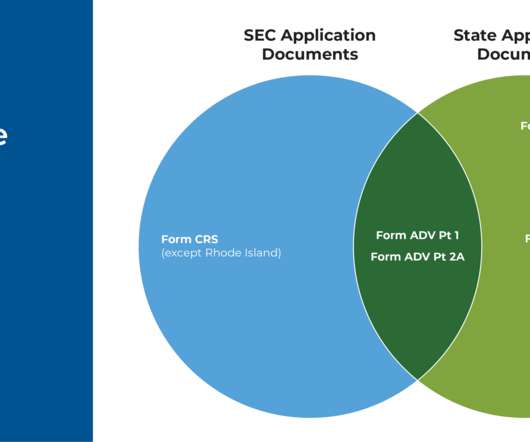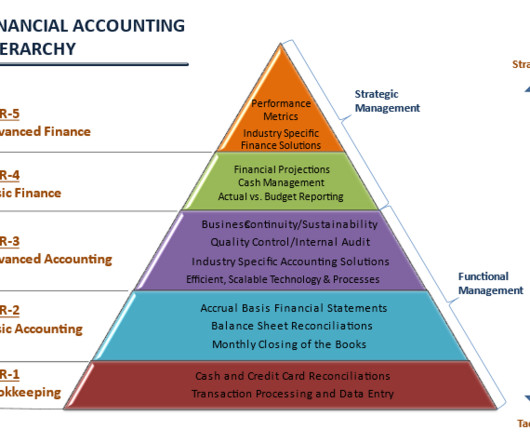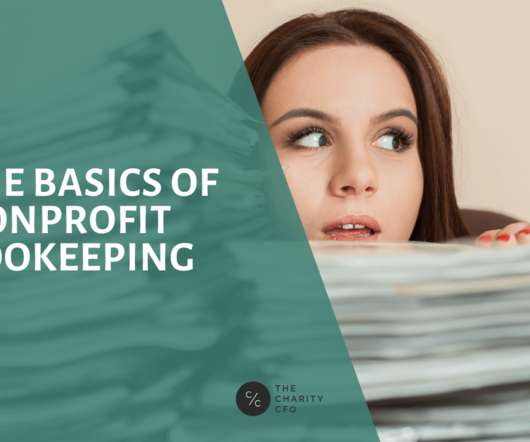How Compliance Rules Vary For State- Vs SEC-Registered RIAs
CFO News Room
NOVEMBER 2, 2022
Chris Stanley is the Founding Principal of Beach Street Legal LLC, a law practice and compliance consultancy whose sole purpose is to help entrepreneurial investment advisers and financial planners succeed. Compliance policies and procedures manual. Author: Chris Stanley. Guest Contributor. Net capital worksheet. Surety bond.














Let's personalize your content